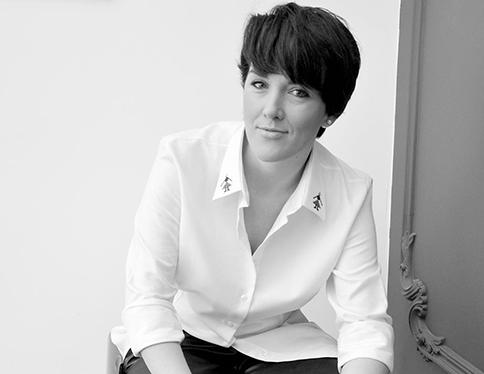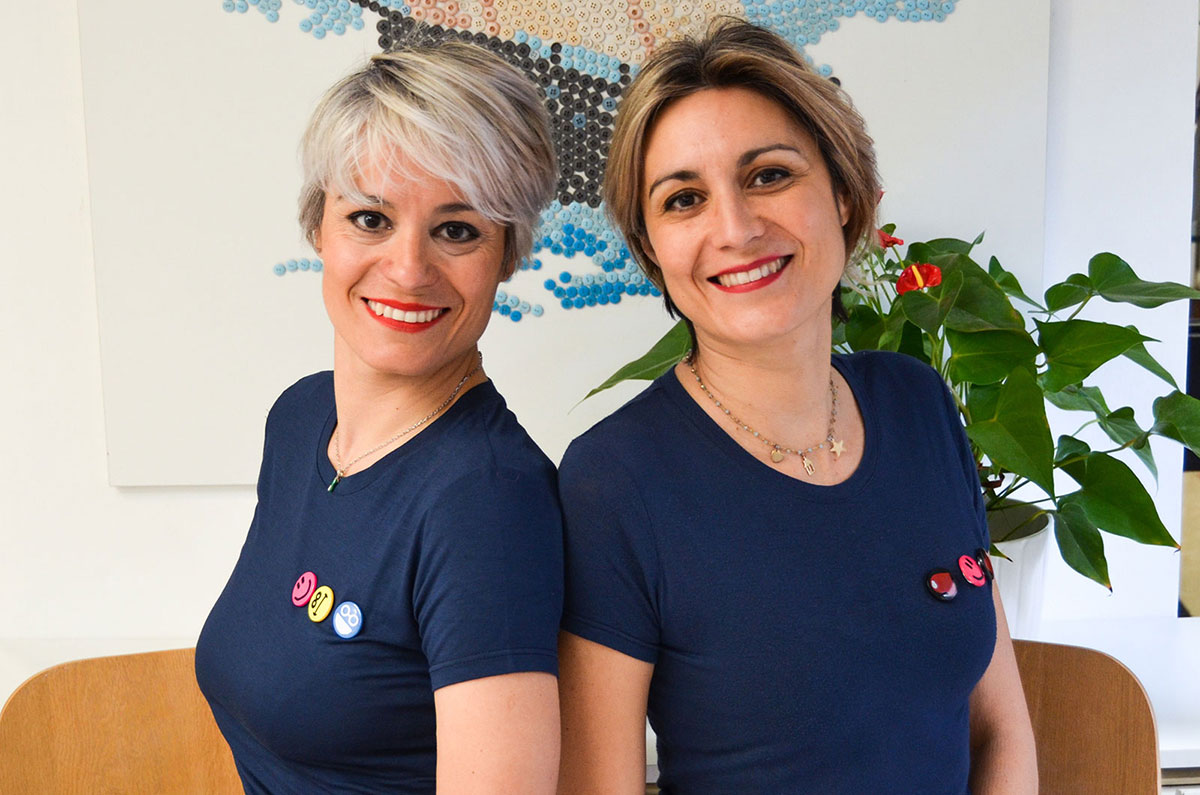
Patricia Zeegers
Back in 2012 when the US was battling the economic crisis, Hillary Clinton, speaking at the APEC Women and the Economy Forum, said: “Limiting women’s economic potential is, for every country, like leaving money on the table. It doesn’t make sense, especially when we are still struggling to grow our way out of the economic crisis.”
What goes for the US goes for many other countries. In 2006 I left a corporate job in the Netherlands and moved to Spain to challenge myself by learning a new language and setting up my life in a different culture. Only 18 months later my new home country was plunged in a deep recession together with the rest of Europe. Today in 2016, the countries north of the Mediterranean Sea, still feel the effects of this economic crisis.
At the end of 2010 the countries bordering the south and east of the Mediterranean Sea witnessed violence and instability; a period of uncertainty known as the Arab Spring.
For the last 10 years I’ve been working and living in this region which I now call my home, and I have been thinking about what could make life better in this area. My belief is that we should invest in women entrepreneurs.
Most of the countries in the Mediterranean region still have severe economic problems. According to the Global Entrepreneurship Monitor Project, an international study assessing entrepreneurship importance to economies worldwide, there is a strong correlation between the level of entrepreneurial activity and economic growth (greater than 70 percent).
Entrepreneurship increases problem solving, fosters creativity, creates jobs and boosts the local economies. It also has direct benefits for the entrepreneur. It can give access to more varied lifestyle choices and greater personal autonomy. For lower GDP countries, entrepreneurship is a possible way out of poverty. It can increase levels of confidence and happiness through the satisfaction of achievement and self-sufficiency.
Women are crucial to economic growth. According to studies in emerging markets, women reinvest 90 percent of their earnings in their families and communities.
We see that in large corporations and multinationals women in leadership positions correlate with increased bottom line results. Women look at the world through a different lens and therefore do things differently. Women entrepreneurs are known to have a more nuanced view of risks, including not being overconfident and not putting their employees at risk. Recent studies show that women entrepreneurs generate more jobs than their male counterparts. They also tend to be more ambitious to become serial entrepreneurs.
It is time for all policy makers, public sector, nonprofit and profit organizations to join efforts and find a way to collaboratively empower and support women to become successful entrepreneurs.
About the author:
Patricia Zeegers is founder of Business Basecamp, a consultancy that aims to provide female entrepreneurs and managers within the Mediterranean region with the support they need to turn their business obstacles into opportunities and to be able to contribute to their local economy.









































